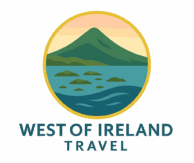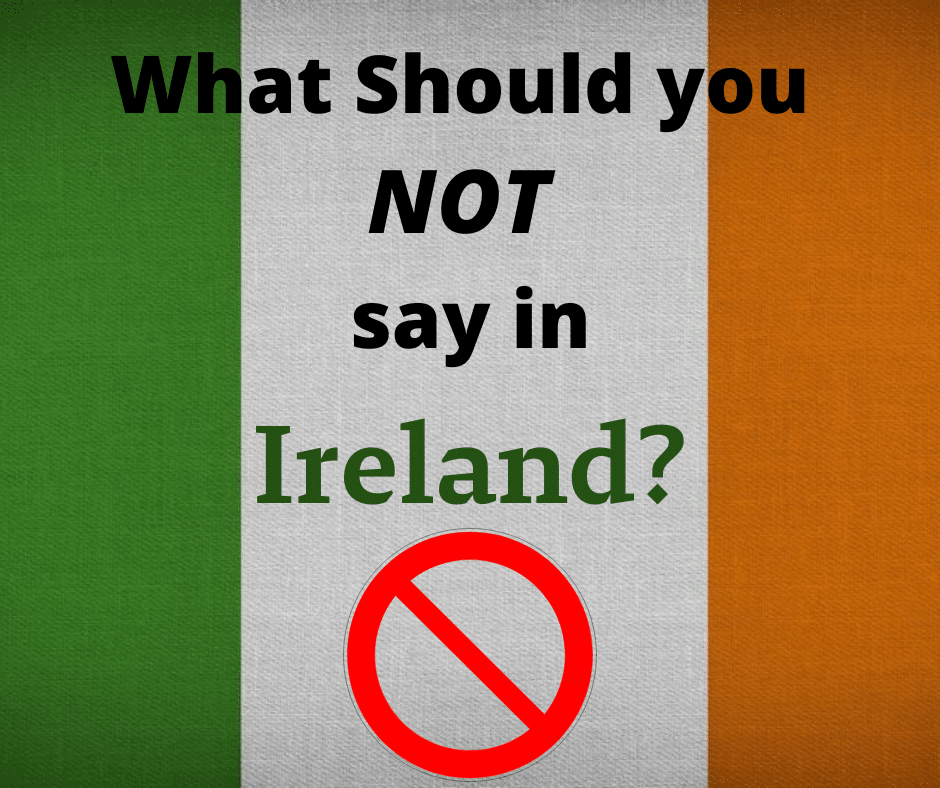
Ireland is a country which has been stereotyped for hundreds of years. While one could argue some of these clichés are true, others are well off the mark!
Here, we will look at some things you should avoid saying in Ireland, as they may either cause offence or prevent you from being taken seriously on your trip to the Emerald Isle. So put on the kettle, make yourself a nice cuppa and away we go!
- Top o’ the Mornin’ to ya
- To be sure to be sure
- Call Irish Paddies
- Make fun of Potatoes
- ‘So, your king is getting on in age, isn’t he?’
- ‘Oh, you’re Irish. Do you know Pat O’Brien from Dublin?’
- Say Patties Day
- The Irish language is just English with an accent
Top o’ the mornin’ to ya

Avoid like the plague.
Nobody says it – not one person in any single part of Ireland. You may be frowned upon for using this phrase or the polite Irish may just laugh it off and move on to the next topic fairly quickly.
Alternatives
Good morning, morning, howya, well?, how are things?, grand morning, isn’t it?, awful morning, isn’t it?
To be sure to be sure
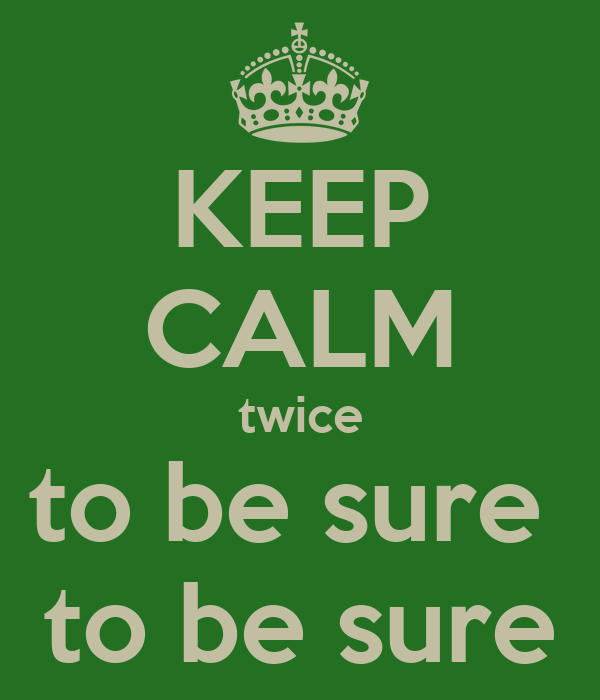
This one is in the same vein as the one above. Plastic Paddy-like, sometimes done with a cliched leprechaun-style accent. Makes us Irish cringe, followed by a wave of nausea. Avoid like the plage!
Alternatives
absolutely, no doubt, for sure, no doubt at all, without a shadow of a doubt.
Call Irish Paddies
This is an offensive and derogatory term used when the Irish lived and worked abroad over the last century. It does not have any positive connotations and is certainly best avoided.
Alternatives
Irish person, Irishman, Irish woman.
Make fun of potatoes
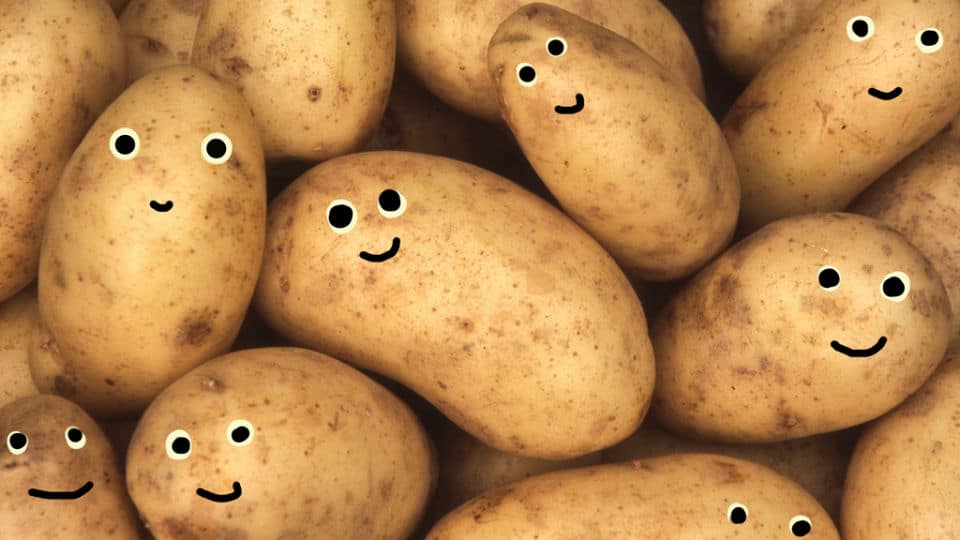
First of all, the Irish still love potatoes to this very day. What’s not to like? There are full of nutrition, they fill you up and are good and hearty foods for those miserable winter days. But, rest assured, there is a whole lot more to Irish cuisine than just potatoes.
Also, in the mid 1800s, a horrible and deeply traumatic event called ‘The Famine’ occured in Ireland. This originated from the failure of the potato crop, a staple of the poor and oppressed Irish people of that time. It lead to the death of over 1 million and a further 1 million emigrated. Although making fun of the potato may get a few chuckles, it’s pobably best to avoid it.
Alternatives
‘The potatoes here in Ireland are amazing’, ‘I’ve never eaten potato pancakes before!’, ‘How are mash potatoes so good in Ireland?!’
‘So, your king is getting on in age, isn’t he?’

No, no, no.
First of all, we don’t have a king or queen. Second of all, we don’t belong to the United Kingdom. Ireland is an independent state, which uses the Euro and is proud of its deep and fascinating culture.
By the way, Ireland and the UK have a good relationship and many Irish live and work in England and other parts, but the Irish went through some torturous years in order to finally regain its independence.
Putting Ireland in the same bracket as the UK is a big no-no and should definitely be avoided!
Alternatives
‘Is Brexit having an effect on trade between Ireland and the UK?
‘Oh, you’re Irish. Do you know Pat O’Brien from Dublin?’
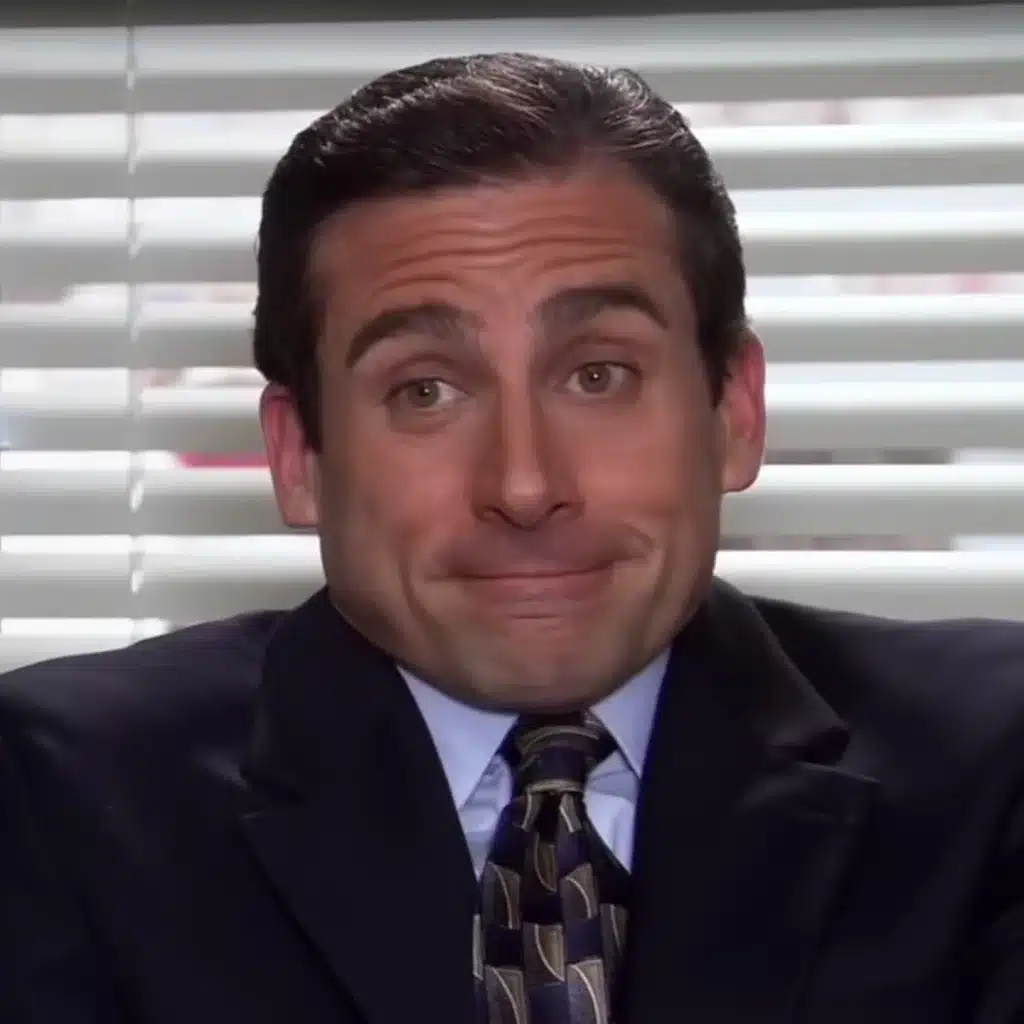
Ireland is certainly a small country, but the whole island has a population of approximately 6 million. But we don’t know everyone. There are plenty of Irish who know a lot of people, but Ireland is not as small as one would think. There are certain family names that are more prevalent in some counties than others, but unless the person you are talking to comes from that exact region, chances are they won’t know them.
Alternatives
‘Oh you’re Irish, a good friend of mine lives in Dublin the last years. He loves the place’
Say ‘Patties Day’

This one seems to have somehow gotten lost in translation down through the years. It refers to St. Patrick’s Day, our national holiday. Patrick is often shortened to Paddy (in Ireland too) and you’ll hear the odd Irish person saying ‘Happy St. Paddy’s Day’, but ‘Patties Day’ seems to have taken on a life of its own. It sounds a tad daft, so best avoided!
Alternatives
‘Happy St. Patrick’s Day!’, ‘Are ye going to the parade?’
The Irish language is just English with an accent
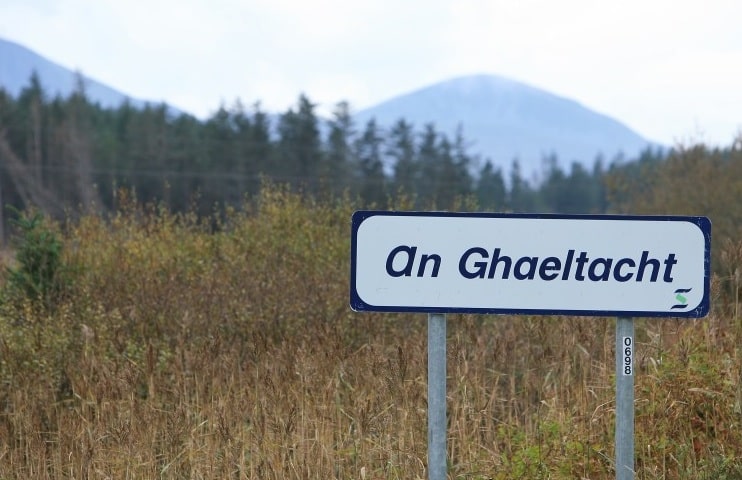
This one can hit a nerve!
There are in fact 2 official languages in Ireland – Irish and English. English (with an accent) is spoken mainly in the country today, but Irish (Gaeilge) is the original language of Ireland. English was introduced during the colonisation of the country, but there are certain areas of the country where Irish is spoken as the main language today.
These areas are known as ‘Gaeltacht’ regions and are found mainly along the west coast. Should you try to learn a little bit of Irish, it will become apparent pretty quickly that Irish and English share no similarities.
Alternatives
‘Is the Irish language difficult to learn?, ‘Do children have to learn Irish in school’, ‘Do you come from an Irish speaking region?’
Conclusion
I hope you now have a good idea of what you should not say to an Irish person. Now that you know which cliches can tickle the Irish nerves, you’re more than prepared for a good ol’ chat with the locals. If you would like to add any more to this list or simply let us know about your experiences chatting to some Irish people, feel free to do so below. We’d be delighted to hear from ye, to be sure…
